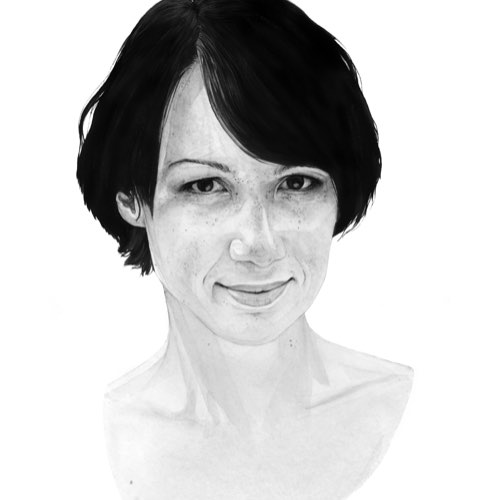When I was nine years old, I was desperately in love with a man who was at least 40 years my senior. Don’t worry; it was entirely unrequited – in fact, Mickey Dolenz of The Monkees didn’t even know I existed because he’d stopped being a Monkee 20 years earlier. But that didn’t stop me from decorating my books with love hearts and ‘AK + GMD’ (little known fact, Mickey Dolenz’s real name is George Michael Dolenz), and entering a pre-teen trance every time I put Pleasant Valley Sunday on my record player.
The Monkees were entirely manufactured, I know this now. But as a product they were a success: they used the media to instil a bond between an audience member and her target. In their TV show, they regularly broke the fourth wall, throwing knowing winks to camera. In magazine interviews, they shared intimate details of their hilarious behind-the-scenes lives. They made themselves vulnerable. They made us think we knew them, as a friend.
Recently, when making an episode of Digital Human for BBC Radio 4, I discovered that this kind of ‘parasocial relationship’ has long roots in media. Radio characters like Lonesome Gal fashioned them by cooing into listeners’ ears for 15 minutes of monologue once a week from the late-1940s to the mid-1950s.
She started most episodes with, “Sweetie, no matter what anybody says, I love you better than anybody in the whole world,” speaking directly to her listeners. Each individual felt he (predominantly a he) had her undivided attention. She was an entirely virtual girlfriend, at a time when the word had nothing to do with technology. And eventually, like anyone who cultivates those kinds of relationships, she began to sell things.
Parasocial relationships have become a means to an end in the digital age, now that selling yourself has become a way of life. Manipulating these relationships is how you gain followers, credibility and influence.
But maintaining them is a challenge. At the beginning, it’s necessary to put out the tendrils of connection as widely as possible. But once you start to gain a critical mass, the relationship necessarily transforms – at least in the eye of the digital personality. You can speak directly to one fan, or even five. But it’s not possible to respond to the 10,000 people who subscribe to your TikTok. What was once an intimate relationship turns into a business transaction.
Reaching out across the internet is how we feel connected; imagining we know the person behind the screen is our global folly. Rising social media stars have to manage themselves and their boundaries. That’s one of the most untapped skills in the digital age. Today’s parasocial relationships are surfing uncharted territory, so it is expected that they – we – will make mistakes.
A person scorned in the era of Lonesome Gal or Mickey Dolenz had intermediaries to intercept; who is there to help when we’ve put ourselves out there online?
- This article first appeared inissue 371ofBBC Science Focus Magazine–find out how to subscribe here
Read more from Aleks Krotoski:
